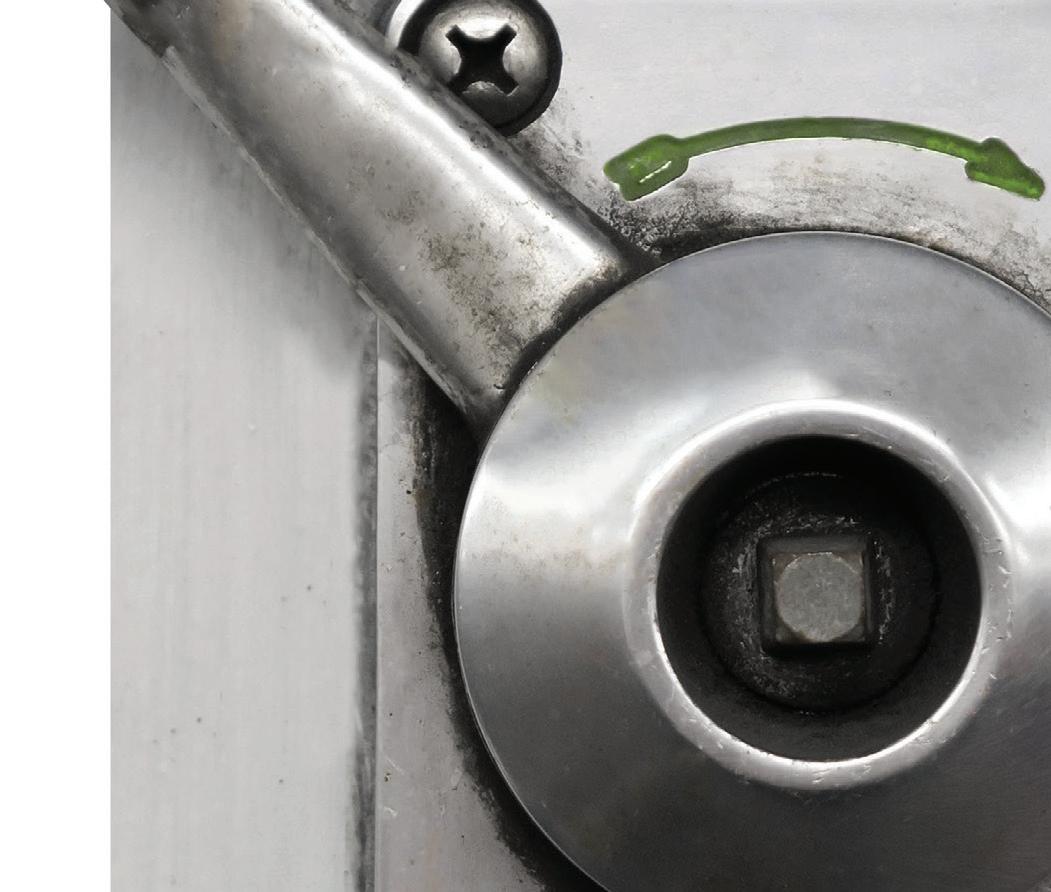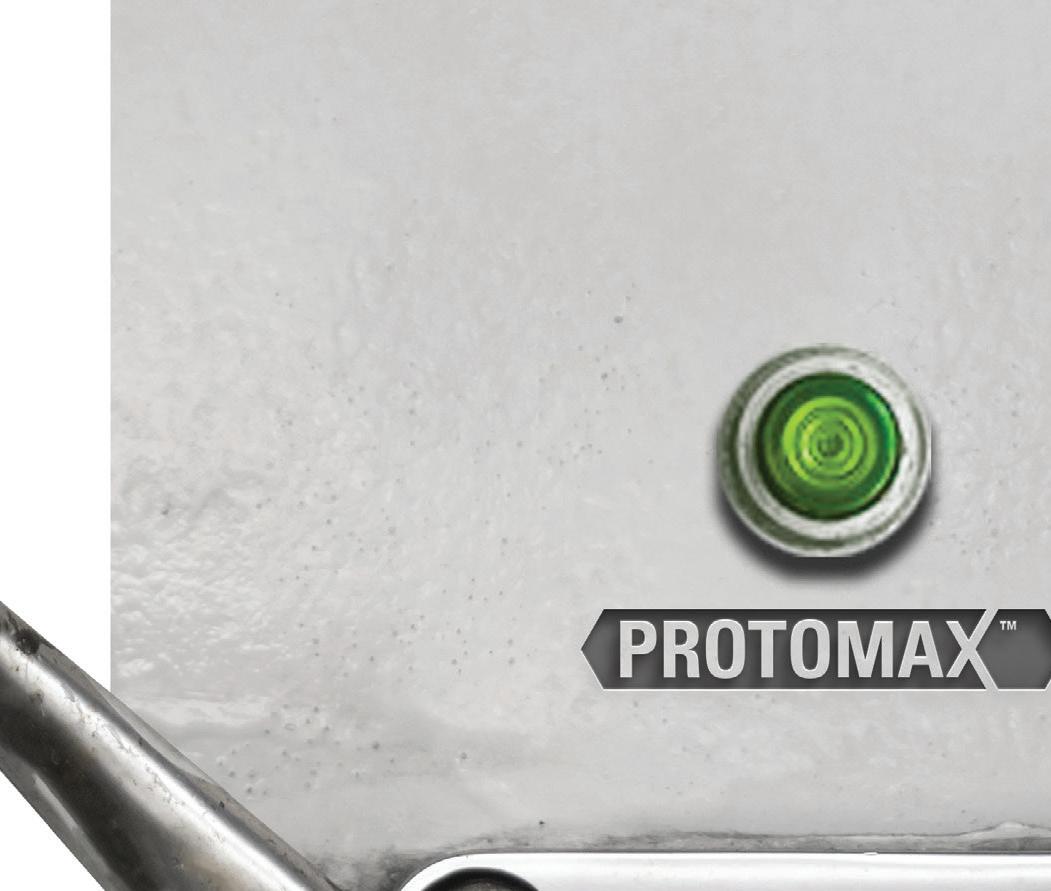
2 minute read
ICM, Inc







Brian Healy Director of Global Ethanol Market Development U.S. Grains Council 202.789.0789
bhealy@grains.org
The UK and Decarbonizing Transport
Consultations about decarbonizing transport are ongoing in the U.K., as the country considers transitioning from its current 5% to 10% ethanol blend rate. A national E10 ethanol policy would make a substantial contribution toward achieving the decarbonization goals by reducing emissions and fully capturing the octane value of ethanol.
The most affordable and impactful change that can be made is to immediately institute a national minimum requirement of a 10% ethanol blend. The U.K. has cited the importance of reducing emissions from the transport sector in response to the International Energy Agency’s 2-degrees-Celsius scenario and Paris Climate Accord. In the U.K., the transport sector is responsible for approximately 20% of national emissions. Perhaps most relevant to the development of the U.K.’s decarbonization plan is the greenhouse gas (GHG) reduction qualities of ethanol when blended into the transportation fuel mix. According to a 2019 U.S. Department of Agriculture study, corn-based ethanol achieves a 39% to 43% reduction in GHG emissions compared to gasoline on an energy equivalent basis, and ethanol’s GHG reduction performance is only improving to achieve GHG reductions of 70% by 2022.
Because of ethanol’s high-octane, low-cost properties, blending E10 can reduce the cost of producing finished gasoline. To lower fuel production costs in the U.K., fuel blenders have learned to take advantage of ethanol’s inexpensive octane properties. They’re maximizing their refining processes to reduce the overall cost of producing gasoline by producing blend stocks for oxygenate blending, or BOBs, specifically designed to be blended with 10% ethanol.
But the Renewable Fuel Transport Obligation consultation language places a 4% cap on crop-derived biofuels, which will decrease to 2% in 2032. Capping crop-based biofuels would severely limit the U.K. government’s ability to meet its potential E10 blending goal. If the U.K. were to proceed with capping the level of crop-based biofuels allowed to meet the RTFO, the potential for ethanol to green the U.K. fuel system would also diminish. The second iteration of the Renewable Energy Directive in the EU, or RED II, also proposed a similar phase out, but the language was struck from the final policy. A deliberate and enforced E10 blending policy is instrumental for achieving meaningful emissions reductions.
The U.K. already has industrial knowledge in ethanol production. But lack of consistent, domestic demand and a sufficient policy have forced ethanol production facilities to close. Through expanded ethanol use, the U.K. has an opportunity to meet its stated decarbonization objectives and support the domestic facilities that have gone offline. The U.K. will be able to build on its established technical knowledge for E5 as it transitions to E10. Making that transition should be a cornerstone of the U.K.’s bioenergy initiatives in decarbonizing transport. E10 will provide significant benefits in the form of lower GHG and air pollutant emissions, energy diversification, and will fully use ethanol’s well-established octane value.










